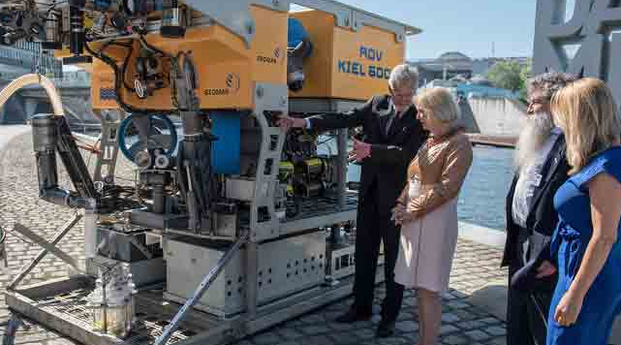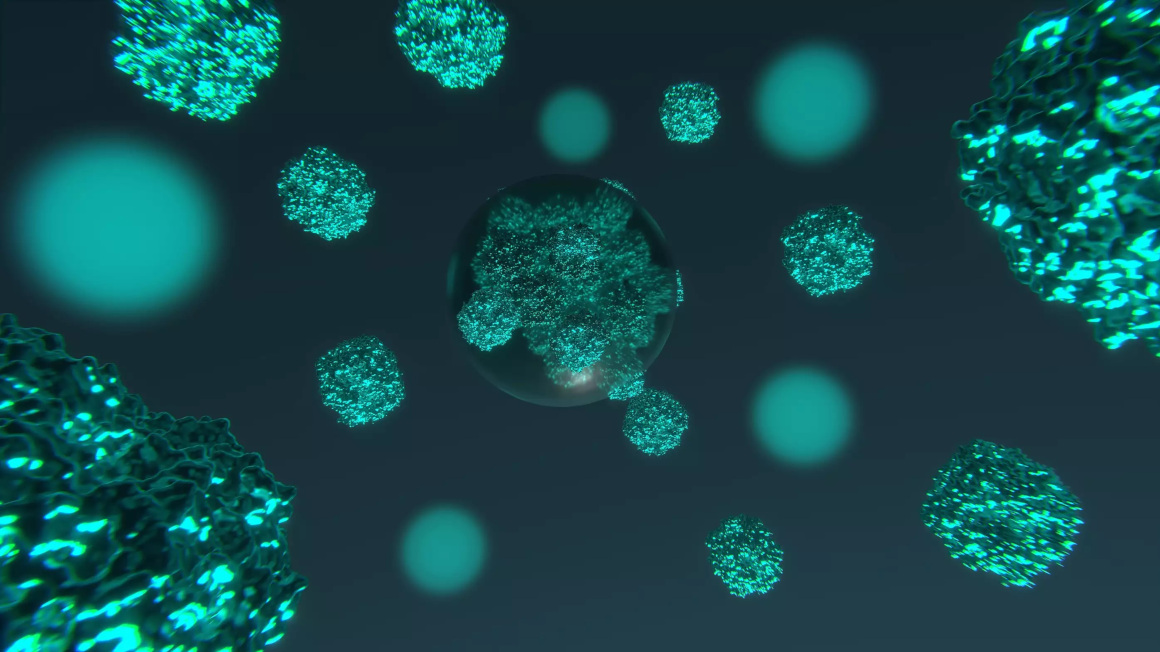Billions donated to research to protect the seas
The world of oceans and seas is the focus of the current Science Year 2016*17. It also wants people to be made aware of the largest ecosystem on Earth, which as a result of global warming, economic efficiency and pollution, is under immense environmental pressure.

“Only when we have properly understood our oceans, can we begin to use them sustainably and protect them better,” said Federal Research Minister Johanna Wanka at the official opening of the Year of Science in Berlin in early June. She also used the opportunity to present the federal government’s new programme on marine research (MARE:N), which wants to invest more than four billion euros in the future of the oceans over the next ten years.
The new marine research programme MARE:N (for more information in German click here) bundles all measures of the Federal research, economic, agricultural, transport and environment ministries under one roof. “We now have to initiate a turnaround towards sustainable use of the seas because of climate change, over-fishing and littering is threatening the largest habitat on the planet,” said Wanka at the marine research centre GEOMAR in Bremen. Over the next ten years, the BMBF alone intends to provide more than €450 million for research for the funding of relevant projects. Together with the funding from research centres and the renewal of the German research fleet, more than four billion euros will be invested in the future of the oceans over the next decade.
€28 million for the fight against plastic litter
In addition to the research programme MARE:N, from June, the BMBF will also fund projects to scientifically examine the journey of plastic from production through to consumption and its transportation from land to the rivers and to the oceans – where it finally ends up. However, even experts do not yet have an accurate picture of the whole problem. This, in turn, is a crucial prerequisite to finding effective solutions. German and Belgian researchers were able to show recently that up to eight million tonnes of plastic litter are driven out into the sea and parts of it has already reached the Arctic.
The BMBF has already provided a total of €28 million over the next three years to improve the knowledge base on plastic waste in the oceans. The focuses of the projects run by the research programme “Plastic in the Environment” are consumer research, the role of the economy as well as material research.
Together with research on seas and inland waters, approaches are required in which research with representatives from industry, civil society and administration cooperate that the results can be effectively implemented. The goal is to gain an overall picture of how plastic is produced and used, traded and finally, disposed of.
German researchers leading in EU consortia
Thus, the new research programme complements efforts at European level. In 2015, an EU research funded programme “Microplastic in marine systems” was started as part of the JPI Oceans Initiative. In the autumn, a total of four research consortia received a premium for the funding, including two under German leadership.
The Alfred Wegener Institute and the Helmholtz Centre for Polar and Marine Research is collaborating with the consortium BASEMAN in order to define standards for micro-plastic analysis in European waters. The Helmholtz Centre for Environmental Research coordinates the project WEATHER-MIC, which will deal with the changes in transport, the degradation and the toxicity of micro-plastics in the marine environment.
Germany is the pioneer in the fight against micro-plastics On the German side, the Alfred Wegener Institute at the Helmholtz Centre for Polar and Marine Research will lead the consortium “Baseman” which is working to uniform standards for micro-plastic analysis and measuring methods (for information, click here).
© biotechnologie.de/sw


